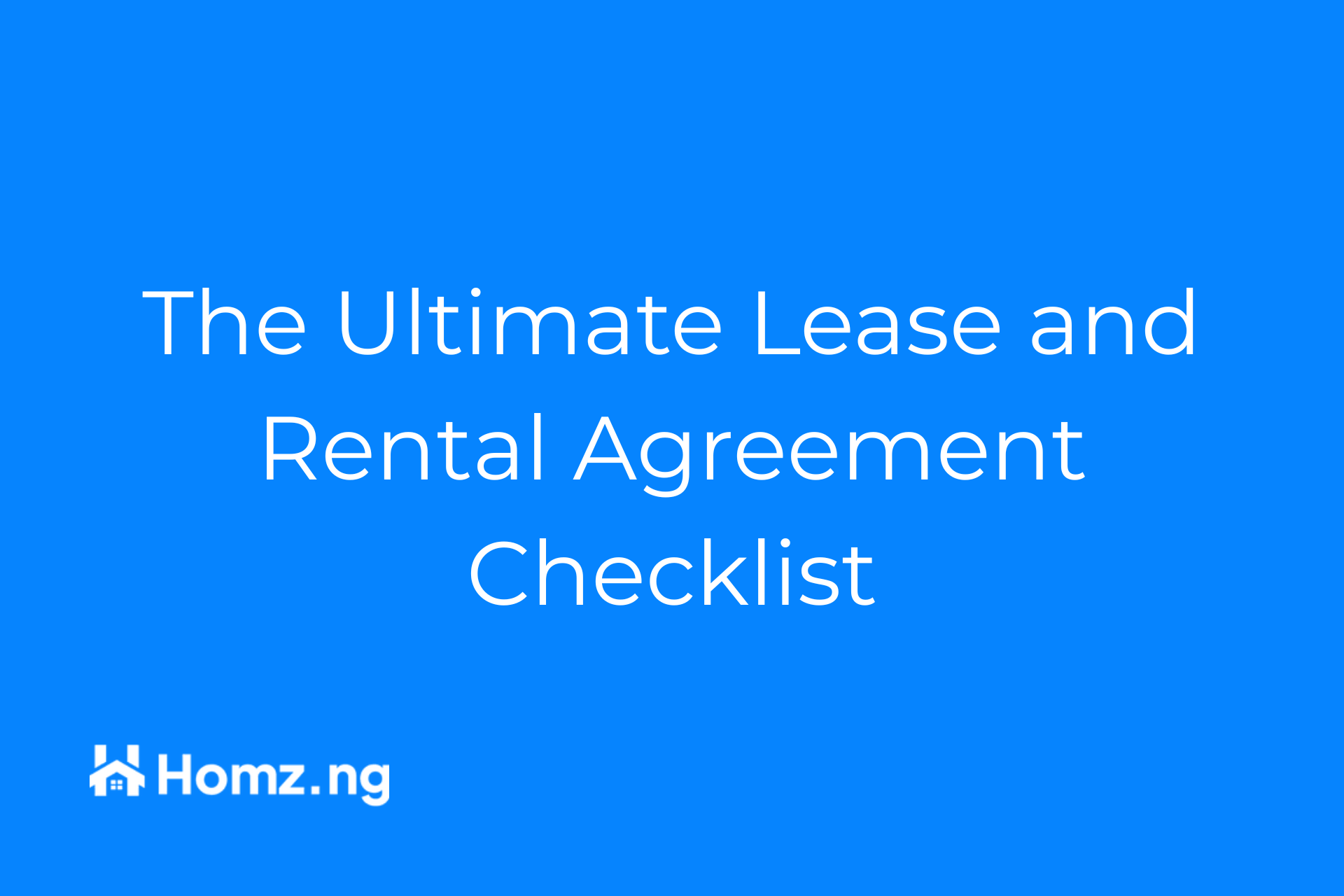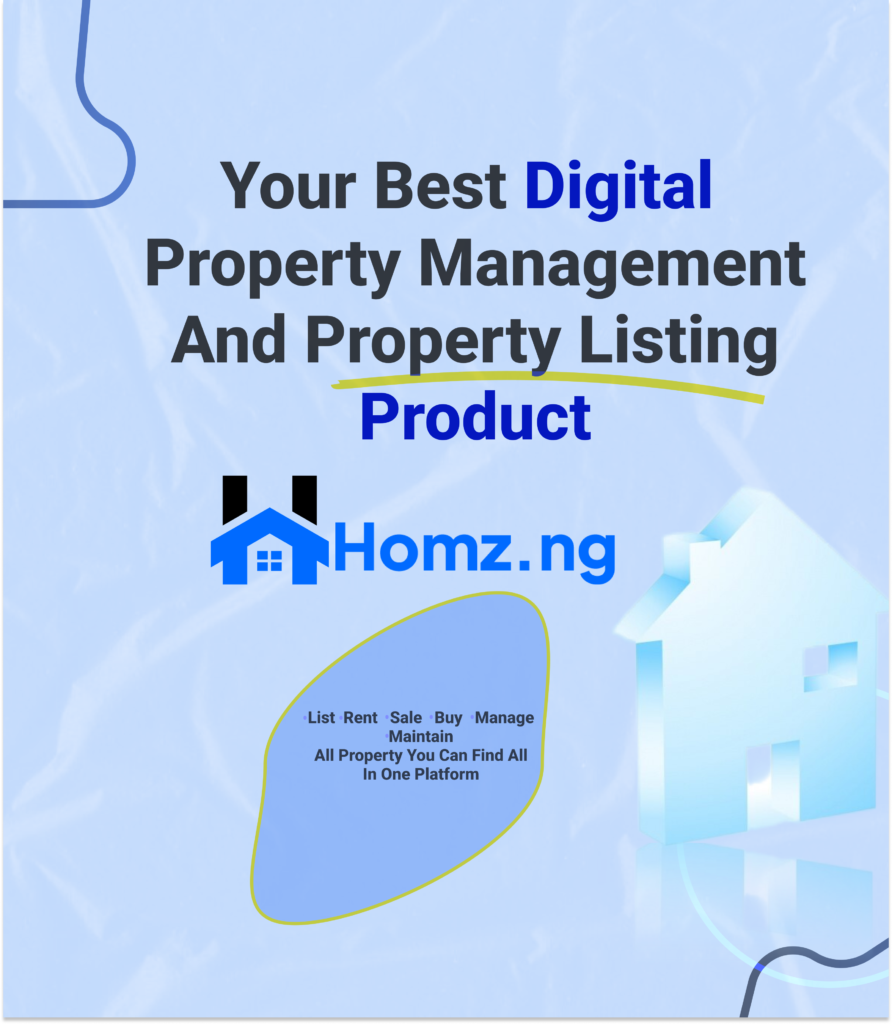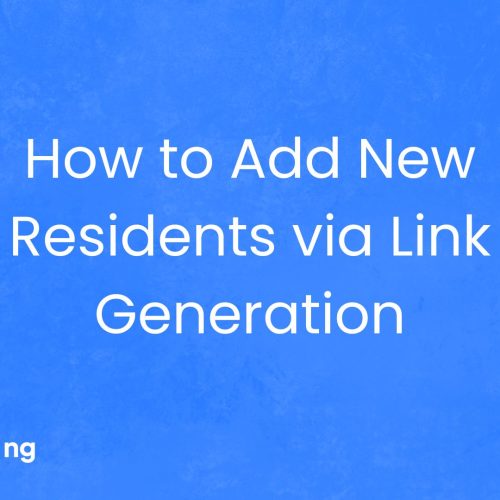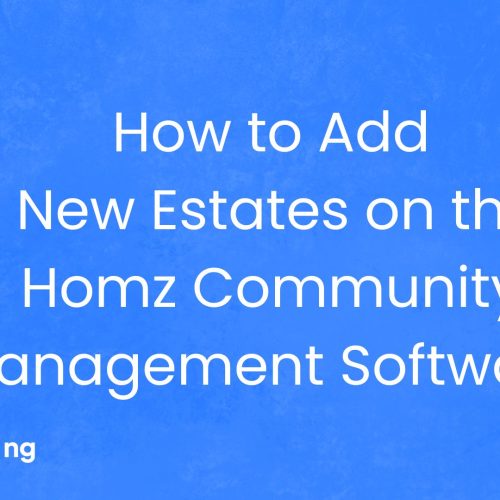Having a well-drafted lease or rental agreement is crucial, regardless of whether you’re a young professional renting your first flat in Lagos or a landlord renting out your property in Abuja. It delineates obligations, safeguards both sides, and averts future, expensive disagreements. As part of our mission to make your real estate experience easier, Homz.ng offers a comprehensive document generation feature to assist both landlords and tenants in drafting or reviewing a strong rental agreement.
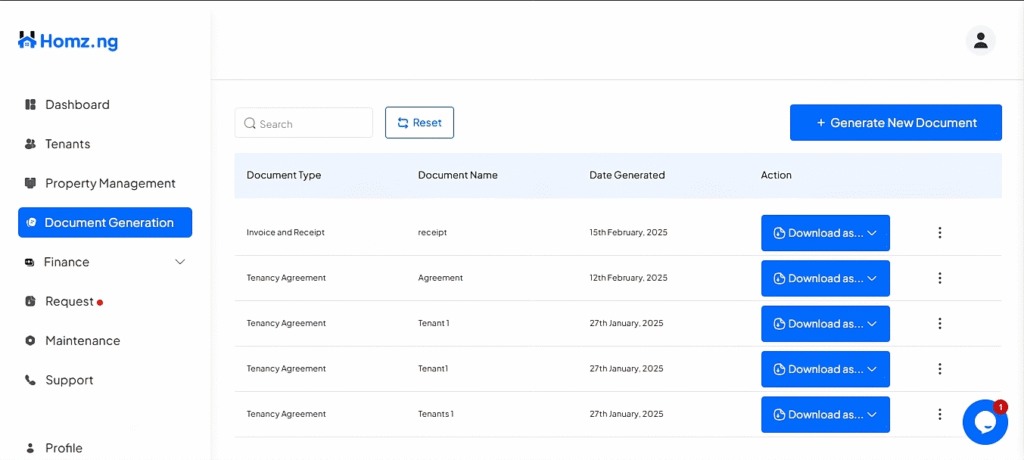
Why You Should Never Skip a Lease Agreement
A legal document that outlines the conditions of a renting arrangement is called a lease agreement. Verbal agreements are insufficient in the rapidly evolving Nigerian real estate industry. A signed contract ensures that all parties are aware of their rights and responsibilities, providing clarity and peace of mind.
Take for example Chioma, a young professional who secured an apartment in Abuja through a casual agreement with a “family friend” landlord. She paid two years’ rent upfront, trusting that all would go smoothly. However, just six months into her stay, the landlord suddenly asked her to vacate because he wanted to “renovate and resell.” With no signed lease and no clear terms to fall back on, Chioma had no legal protection—and no guarantee of getting her money back. She ended up losing not only her apartment but also a significant portion of her savings.
Stories like Chioma’s are far too common, and they underscore why a written lease agreement isn’t just a formality—it’s protection for your money, your home, and your peace of mind.
What Every Nigerian Lease or Rental Agreement Should Include
Step 1. Full Names and Contact Information
Every lease should begin with the full legal names and up-to-date contact details of both the landlord and tenant. This should include phone numbers and physical addresses. It’s also advisable to include the details of a guarantor or emergency contact, especially for long-term leases or younger tenants.
Step 2. A Clear Description of the Property
The lease should specify the full address of the property and describe what is included in the rental. This could include the number of bedrooms, bathrooms, parking spaces, and shared amenities such as a generator or borehole. This helps avoid confusion later.
Step 3. Rent or Lease Amount and Payment Structure
The agreement must clearly state the amount of rent to be paid, the frequency of payment (monthly or yearly), and the accepted method of payment. It’s also helpful to include whether the rent is subject to review or increase after a certain period. Ensure that provisions are made for penalties or grace periods for late payments.
Generate your customized lease agreement with Homz.ng in minutes.
👉 Create a free tenancy agreement here
Step 4. Security Deposit Details
Most landlords in Nigeria require a security deposit, often equivalent to one or two months’ rent. The agreement should mention the amount, its purpose (e.g., damage or unpaid bills), and the conditions for its refund. Clarify how and when the deposit will be returned once the lease ends.
Step 5. Lease Duration and Termination
A standard agreement should clearly state the start and end dates of the tenancy. Additionally, it should cover whether the lease can be renewed and under what terms. The notice period for ending the agreement — commonly one to three months — should also be included.
Step 6. Responsibility for Utilities and Bills
To avoid misunderstandings, your agreement should specify who is responsible for paying which utilities. This may include electricity (prepaid or postpaid), water, waste management, and internet. If the property is shared, details of how these costs will be split should be documented.
Step 7. Maintenance and Repairs
Outline who is responsible for maintenance and repairs. Generally, landlords handle structural or major issues like roofing and plumbing, while tenants manage minor repairs such as light fixtures and cleaning. It’s helpful to state the expected response time for emergencies.
Step 8. Permitted Use of the Property
The lease should explain how the property can be used — whether for residential or commercial purposes. It should also address restrictions such as keeping pets, making alterations to the property, or subletting the space to others.
Step 9. Grounds for Eviction and Termination
The agreement must detail circumstances that can lead to termination, such as non-payment of rent, property damage, or illegal activity. Additionally, mutual termination terms should be fair and transparent for both parties.
Step 10. Conflict Resolution Process
In case of a dispute, the lease should include a resolution clause. This could mention which court has jurisdiction, or whether mediation or arbitration will be used. It’s important to clarify who will bear the cost of legal proceedings.
Property Management Made Easy with Homz.ng
At Homz.ng, we provide verified property listings, connect you to trusted landlords and agents, and offer smart tools to guide your rental journey. Whether you’re looking for a cozy apartment or a spacious duplex, we’ve got you covered.
👉 Explore homes for Listing and property management now on Homz.ng
Join the Homz.ng WhatsApp Community
Are you a landlord, agent, property manager, or renter looking to connect with others in the Nigerian real estate space? Join our fast-growing WhatsApp community for:
-
Real-time rental market insights
-
Exclusive landlord/tenant tips
-
Collaboration and referrals across cities

